A coalition of several organizations, including epicenter.works, the Society for Civil Rights (GFF), the German Consumer Organization (vzbv) , and Stanford University law professor Barbara van Schewick, has filed a complaint with the Federal Network Agency (Bundesnetzagentur). The goal is to investigate and remedy possible violations of European net neutrality law allegedly committed by Deutsche Telekom.
Accusation: artificial bottlenecks and paid overtaking lanes
According to the alliance, Deutsche Telekom phone number list deliberately creates bottlenecks at the entrance to its network. These bottlenecks are used to demand payments from online services so that their content can be delivered quickly and reliably to Telekom customers . Financially strong providers can afford this preferential access, while smaller companies and startups cannot. This leads to a two-tier society on the internet and impairs users’ freedom of choice.
Impact on Telekom customers
According to reports, numerous Deutsche Telekom customers are experiencing significant drops in internet access quality. Streaming platforms, professional cloud services, e-learning offerings, online gaming, and video calls are particularly affected. Pages load slowly or remain completely inaccessible. This contradicts the promise of non-discriminatory internet access, for which customers already pay through their contracts.
Violation of the European Net Neutrality Act
According to the complainants, Deutsche Telekom is violating the ban on paid fast lanes and the users’ right to freely choose content and services. optimize the delivery method of website micro copy While other providers in Germany eliminate network bottlenecks through expansion, Telekom deliberately exploits these bottlenecks to generate additional revenue. In doing so, it demands payments from both its own customers and its online services.
International and European regulation as a basis
The complaint is based on existing European law on net neutrality, which also applies directly in Germany. The initiators also cite the south africa numbers report of the Body of European Regulators for Electronic Communications (BEREC) from December 2024. This report classified practices such as those of Deutsche Telekom as potential violations. The Swiss telecom regulator ComCom also rejected the double-charging model in December 2024 and prohibited the collection of fees from content providers.
